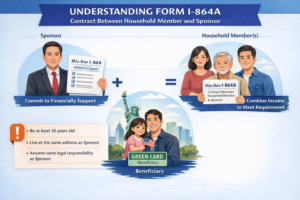 Taiwan recently became the first country in Asia to legalize same-sex marriage. Many consider this as a significant momentous event that could kick start a similar trend in other countries in Asia. However, the new legislation has not come without restrictions.
Taiwan recently became the first country in Asia to legalize same-sex marriage. Many consider this as a significant momentous event that could kick start a similar trend in other countries in Asia. However, the new legislation has not come without restrictions.
Both Taiwanese and non-Taiwanese same-sex couples who are interested in marrying in Taiwan should be advised that the new law only applies if both parties are citizens of countries where same-sex marriage is currently recognized. For example, if one of the parties is an Australian citizen and the other is a Taiwan citizen, the marriage would be legal in Taiwan because both Australia and Taiwan recognize same-sex marriages. However, if one of the parties is a Taiwanese citizen and the other from a country that does not recognize same-sex marriage, such as China, the Philippines or Vietnamese, the marriage would not be legal in Taiwan because same-sex marriage is not legal in those countries.
These limitations are especially important in the U.S. immigration context as in order to immigrate to the United States based on marriage to a U.S. citizen or enter as a non-immigrant dependent (i.e. L-2, O-2, H-4), U.S. law requires that the marriage is valid in the country where it occurred. Moreover, under current law in Taiwan, two foreign nationals in Taiwan may be limited to a civil notary marriage which may not be recognized as a valid marriage in Taiwan, and thus, not a valid marriage for U.S. immigration law purposes. It is possible for two foreign nationals to obtain a court ordered judgement of marriage but requires special procedures. Enterline and Partners affiliate firm in Taiwan has been successful in doing so.
For more information on Taiwan’s newly enacted same-sex marriage legislation, contact us today at info@enterlinepartners.com and speak with one of our experienced U.S. immigration family law attorneys.




